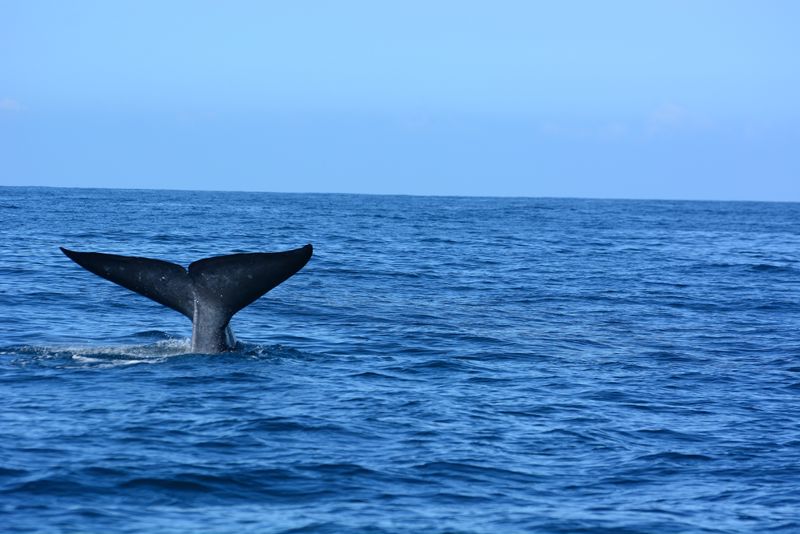Despite its prominence, one of America's largest grocery chains will stop buying lobster caught off Maine waters until further notice.
Whole Foods Market told Grocery Dive that it will "pause purchasing" Maine lobster upon receiving word that the Marine Stewardship Council has suspended the state's MSC certificate.
Named after the Marine Stewardship Council, MSC certification is a status symbol and a designation that tells buyers — such as grocers or fish markets — that fisheries support and implement sustainable fishing practices. To obtain this certification, fisheries must demonstrate how they're adhering to the sustainability protocols established by the United Nations Food and Agriculture Organization, such as by maintaining a clear chain of custody, guarding against overfishing and implementing other best practices.
But MRAG Americas, the body charged with monitoring fisheries' conformance with the MSC Fishery Standard, has stripped Maine of its certification due to a change in third-party verifications and ratings on the part of MSC as well as the Monterey Bay Aquarium Seafood Watch program.
In a statement obtained by Grocery Dive, a Whole Foods Market spokesperson said the suspension on buying from Maine is primarily due to the company's commitment to sustainability.
"[W]e only sell wild-caught seafood from fisheries that are certified by the Marine Stewardship Council (MSC) or rated either 'Green' or 'Yellow' by the MBA Seafood Watch program," the spokesperson emphasized. "These third-party verifications and ratings are critical to maintaining the integrity of our standards for all wild-caught seafood found in our seafood department."

Fishing practices called into question
The impetus for pulling Maine's certification, aside from the ratings change, appears to be related to certain fishing practices off the Gulf of Maine that may be compromising right whale migration patterns. An endangered species, the right whale is one of the rarest on Earth, with an estimated 350 left in existence, according to the National Oceanic and Atmospheric Administration. This past September, MRAG Americas determined from an investigation that Maine was no longer in compliance with the MSC Fishery Standard, which is designed to protect the species and other endangered ocean life.
This marks the second time in two years that Maine has lost its certification and over a similar issue.
Maine officials, including Governor Janet Mills, recently expressed their objection to the suspension, noting that not a single right whale has died in the past 150 years due to Maine lobster gear or vessels.
"Despite this, the Marine Stewardship Council, with retailers following suit, wrongly and blindly decided to follow the recommendations of misguided environmental groups rather than science," Mills said in a statement, along with Maine Senators Susan Collins and Angus King.
Lawmakers went on to urge both Whole Foods Market and the MSC to reconsider their actions.



Post A Comment:
0 comments so far,add yours